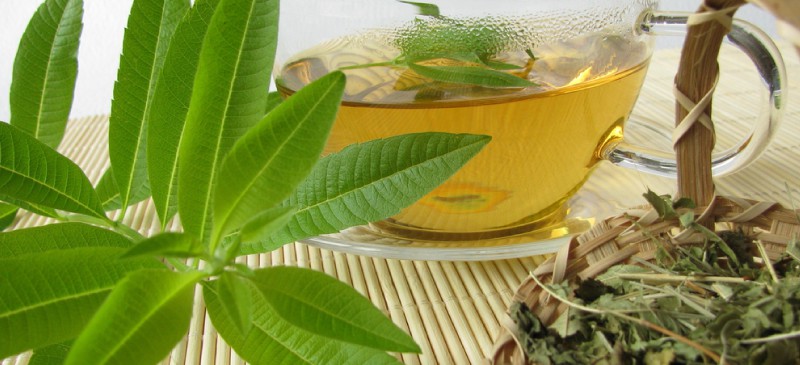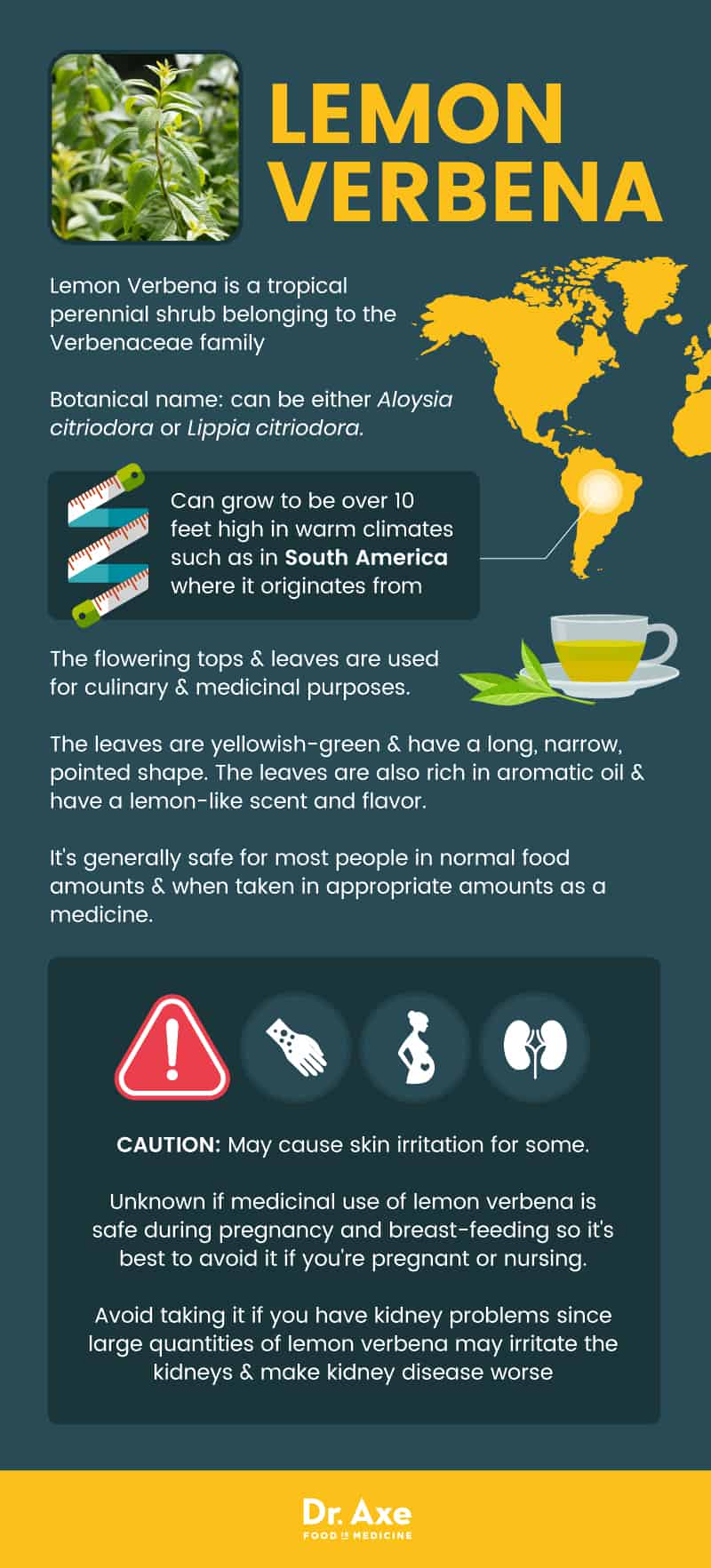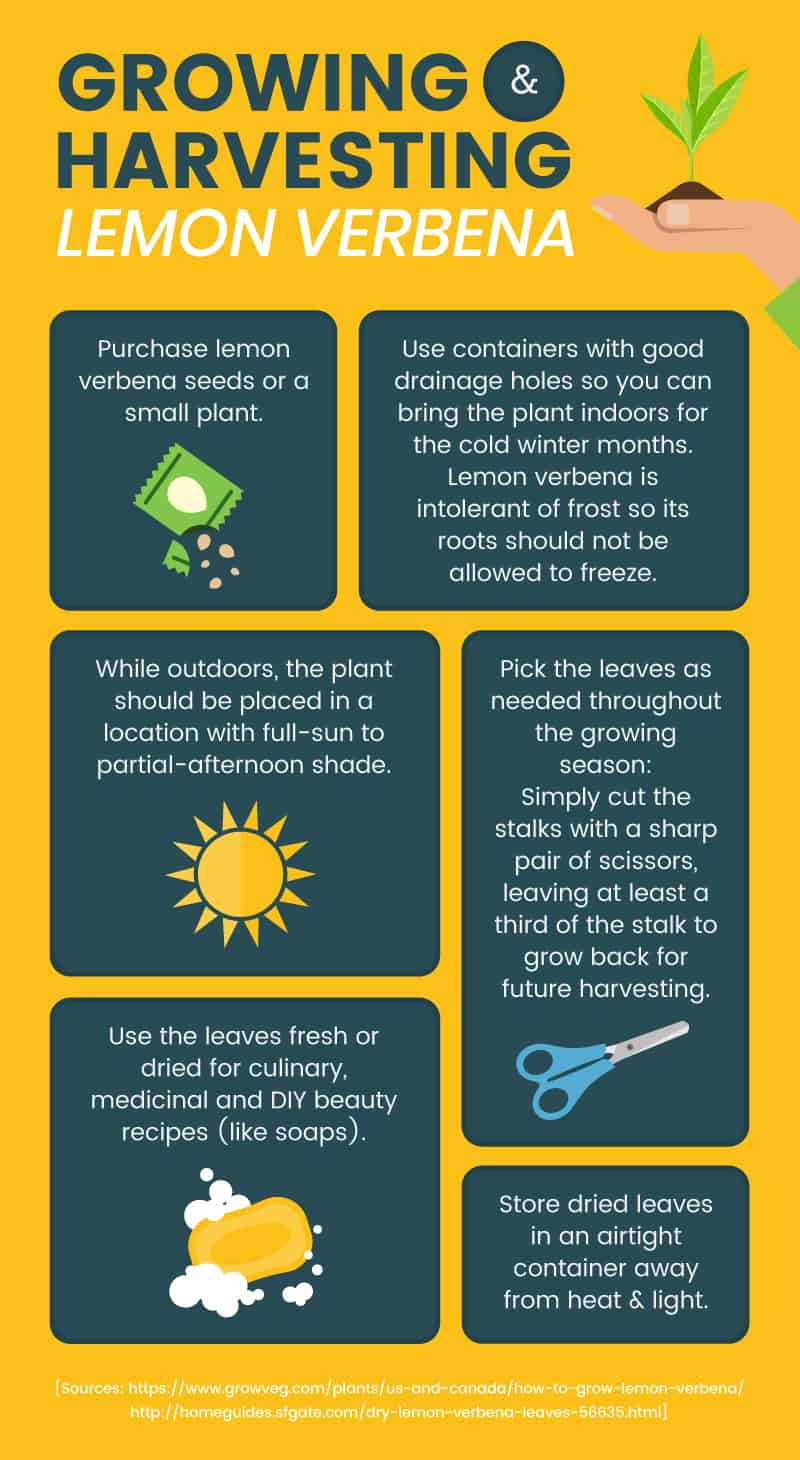This Dr. Axe content is medically reviewed or fact checked to ensure factually accurate information.
With strict editorial sourcing guidelines, we only link to academic research institutions, reputable media sites and, when research is available, medically peer-reviewed studies. Note that the numbers in parentheses (1, 2, etc.) are clickable links to these studies.
The information in our articles is NOT intended to replace a one-on-one relationship with a qualified health care professional and is not intended as medical advice.
This article is based on scientific evidence, written by experts and fact checked by our trained editorial staff. Note that the numbers in parentheses (1, 2, etc.) are clickable links to medically peer-reviewed studies.
Our team includes licensed nutritionists and dietitians, certified health education specialists, as well as certified strength and conditioning specialists, personal trainers and corrective exercise specialists. Our team aims to be not only thorough with its research, but also objective and unbiased.
The information in our articles is NOT intended to replace a one-on-one relationship with a qualified health care professional and is not intended as medical advice.
Relax with a Cup of Lemon Verbena Tea (+5 Health Benefits!)
January 21, 2018

Lemon verbena is said to be the most “lemony” of all the citrus-scented herbs. With its delightful scent and taste, lemon verbena is a bright, sweet herb that can make recipes so much more interesting. It also has a wide range of medicinal properties.
Lemon verbena benefits may include relief from common digestive complaints including gas, indigestion, constipation and diarrhea. Other lemon verbena uses have included easing joint pain, skin conditions, sleeping trouble, hemorrhoids, varicose veins, colds, fever and chills. (1)
Let’s take a look at what scientific research has shown so far and why you just may want a cup of lemon verbena tea after reading this article!
Plant Origin and Chemical Composition
The lemon verbena plant is a tropical perennial shrub belonging to the Verbenaceae family. Is lemon verbena a perennial? It most certainly is, which means it comes back for multiple growing seasons. The botanical name can be either Aloysia citriodora or Lippia citriodora. A lemon verbena plant can grow to be over 10 feet high in warm climates such as in South America where it originates from. (2)
The flowering tops and leaves are used for culinary and medicinal purposes. The leaves are yellowish-green in color and have a long, narrow and pointed shape. The leaves are rich in aromatic oil and have a scent and flavor clearly very similar to lemon. Research has shown that a tea made from the leaves is rich in beneficial polyphenolic compounds including verbascoside and luteolin 7-diglucuronide. (3)
Lemon verbena essential oil has also been shown to contain active components such as 1,8-cineole, also known as eucalyptol (12.4 percent); geranial (9.9 percent); 6-methyl-5-hepten-2-one (7.4 percent); and neral (6.9 percent). (4)
Did you know that lemon verbena, lemon balm and vervain are three totally different plants? It’s true, but there’s often confusion about these three medicinal herbs. Lemon verbena and lemon balm are easily mistaken for each other thanks to the fact that the same fruit (lemon) is included in both of their names. However, lemon balm and lemon verbena are actually not even from the same plant family — lemon balm belongs to the mint family (Lamiaceae) while lemon verbena belongs to the Verbenaceae family. Vervain also belongs to the Verbenaceae family and is sometimes called “common verbena” or sometimes lemon verbena is called “vervain” hence all the confusion that they’re the same, but they’re two completely different plants. (5, 6)

5 Health Benefits of Lemon Verbena
1. Possible Obesity Aid
More research is needed, but so far some studies are pointing towards lemon verbena’s ability to help with a very common problem these days — obesity. An animal study published in 2015 specifically looked at the herb’s verbascoside along with some of its other active polyphenols and their ability to improve metabolic disturbances caused by obesity. What are polyphenols? They are a large group of plant compounds known for their antioxidant properties. The researchers found that the lemon verbena extract led to decreases in triglyceride accumulation, inflammation and oxidative stress for the animal subjects. They also observed that the herbal extract as a whole had more potent effects than the verbascoside alone. Overall, the study concludes, “The polypharmacological effects of plant-derived polyphenols from lemon verbena may have the potential for clinical applications in obesity.” (7)
Study results discussed in a 2017 issue of the journal Free Radical Biology and Medicine looked at the effects of a supplement containing a type of hibiscus (Hibiscus sabdariffa) and lemon verbena (Aloysia triphylla). The subjects of this double-blind, placebo-controlled and randomized trial were 54 overweight women. The study found that 500 milligrams per day of this lemon verbena and hibiscus supplement resulted in increased satiety and fullness plus decreased hunger and prospective food consumption compared to a placebo after one month. And these differences increased with additional time. The subjects taking the supplement also experienced decreases in blood pressure. (8)
2. Helps Fight Staph Skin Infections
Fighting staph infections continues to be challenging work as antibiotic resistance grows, which is why it’s important to find new and natural ways to successfully treat these infections. A Staphylococcus aureus infection — more commonly known as a staph infection — is a bacterial infection that can range in severity from minor skin irritations to life-threatening complications. Previous in vitro laboratory studies have shown that an ethanolic extract of lemon verbena can prevent the growth of Staphylococcus aureus.
Research published in the Pakistan Journal of Biological Sciences looked at the effects of a lemon verbena extract on animal subjects with skin infections due to staph. The animal subjects were divided into four groups and treated for seven days with either no treatment; a conventional topical antibiotic; ointment prepared from ethanolic extract of lemon verbena; or an injection of lemon verbena solution. The wound rate of recovery and presence of pus were analyzed throughout treatment. The researchers concluded that the topical lemon verbena ointment is “a proper medication to prevent the skin infection by Staphylococcus aureus” in the early phases of the infection. (9)
3. Muscle Repair
Really intense exercise can sometimes result in muscle damage. A study published in the the European Journal of Applied Physiology looked at the effects of moderate antioxidant supplementation in the form of a lemon verbena extract on healthy male volunteers who followed a 90-minute running protocol for a total of three weeks. During this exercise regimen, the researchers measured the subjects’ antioxidant enzyme activity, oxidative stress markers, inflammatory cytokines and muscular damage. The results were clearly positive. The antioxidant-rich lemon verbena extract helped to protect neutrophils (a type of white blood cell) against oxidative damage. In addition, the herbal extract helped to lower the signs of muscular damage in chronic running exercise but without blocking the body’s cellular adaptation to exercise. (10)
4. May Lower Inflammation
As I’ve talked about before, inflammation is at the root of most diseases. Inflammation is considered to be one of the main factors leading to the development of multiple sclerosis. A randomized, double-blinded placebo-controlled study published in 2014 looked at the effects of dietary supplementation with lemon verbena extracts on serum inflammatory markers of multiple sclerosis (MS) patients. The 30 study patients were given either a lemon verbena supplement (containing 1o percent the herb’s polyphenol known as verbascoside) or a placebo. The results of the study revealed that the most severe patients in the study with secondary progressive MS (the third of four MS stages) who took the lemon verbena supplement had C-reactive protein concentrations significantly lower than the placebo group. (11) Why is this significant? Because C-reactive protein is produced in the liver and is a blood test marker for inflammation in the body.
5. Joint Aid
A randomized, double-blinded, placebo-controlled study published in the Journal of Alternative and Complementary Medicine points towards this lemony herb being able to boost joint health. The study specifically looked at a supplement rich in antioxidants (thanks to lemon verbena) and omega-3 fatty acids (thanks to fish oil) as an alternative treatment for joint management. For nine weeks, 45 subjects with joint pain and discomfort took the nutritional supplement or a placebo. Lemon verbena extract showed strong antioxidant properties and, again, the study highlighted the verbascoside naturally found in the herb. After nine weeks, the supplement takers showed a significant reduction in pain and stiffness as well as improved physical function. These positive effects began to appear at weeks three and four. The researchers concluded that this supplement warrants further investigation as “a complementary and alternative treatment for improving joint status in subjects with joint discomfort.” (12)

Lemon Verbena Interesting Facts
In the kitchen, lemon verbena is known to be used in sweet cocktails and iced teas, as well as a garnish for salads and fruit cups. It’s also an ingredient in dessert recipes such as cookies, ice cream, puddings and jellies. Since the herb is so potent a little goes a long way in recipes. It also makes a great hot tea on its own or in a mix with other herbs. Lemon verbena’s fresh citrus scent has even led to its inclusion in fragrances and scented sachets. (13)
How to Use Lemon Verbena
What do you do with lemon verbena? If you search for lemon verbena recipes, you’ll actually be surprised to find quite a few options. When it comes to lemon verbena vs. lemon balm for culinary use, the two herbs can be used interchangeably in most recipes. Lemon balm and lemon verbena both have a lemon-like flavor, but the verbena is more pungent. Lemon verbena can be added to cold and hot beverages, desserts, fish dishes, rice and more. Some people really enjoy adding it fresh or dried to iced teas. Whatever sounds good to you is a good use of this citrusy herb!
Where to buy lemon verbena? You can find it online and in spice stores as a dried herb. If you’re looking to use lemon verbena medicinally, you can find it online or at a health food store in the form of lemon verbena tea, liquid extract, capsule, powder or essential oil.
If you’re a gardener, then you may be wondering about lemon verbena growing well in your garden. It’s actually not very hard to grow this perennial herb You can purchase lemon verbena seeds or a small plant. Either way, you may want to consider using containers with good drainage holes so you can bring the plant indoors for the cold winter months. Lemon verbena is intolerant of frost so its roots should not be allowed to freeze. While outdoors, the plant should be placed in a location with full-sun to partial-afternoon shade. (14)
How do you harvest lemon verbena? You can pick the leaves as needed throughout the growing season. Simply cut the stalks with a sharp pair of scissors, leaving at least a third of the stalk to grow back for future harvesting. Leaves can be used fresh or dried for culinary, medicinal and DIY beauty recipes (like homemade soaps). Store dried leaves in an airtight container away from heat and light. (15)
There is currently no standard dose of lemon verbena. An appropriate medicinal dose depends on several factors such as the user’s age and health status. Always read product labels carefully and consult an expert on proper dosing if needed. (16)
Possible Side Effects and Caution
Lemon verbena is typically considered safe for most people in normal food amounts. It also seems to be safe when taken in appropriate amounts as a medicine. For some users it may cause skin irritation.
It’s unclear if medicinal use of lemon verbena is safe during pregnancy and breast-feeding so it’s best to avoid it if you’re pregnant or nursing. Also avoid taking it if you have kidney problems since large quantities of lemon verbena may irritate the kidneys and make kidney disease worse. (17)
Lemon Verbena Key Points
- Lemon verbena is a culinary and medicinal herb with a lemon flavor and scent.
- It can be used to add an interesting flavor to all kinds of foods and beverages. You may want to include it in your next batch of homemade iced tea.
- Lemon verbena, lemon balm and vervain are three totally different plants.
- Studies have shown that lemon verbena may help when it comes to obesity-related metabolic issues, joint discomfort, muscle damage, inflammation, and skin infections.
- Making a cup of hot lemon verbena tea is a great, easy way to give this herb a try.



